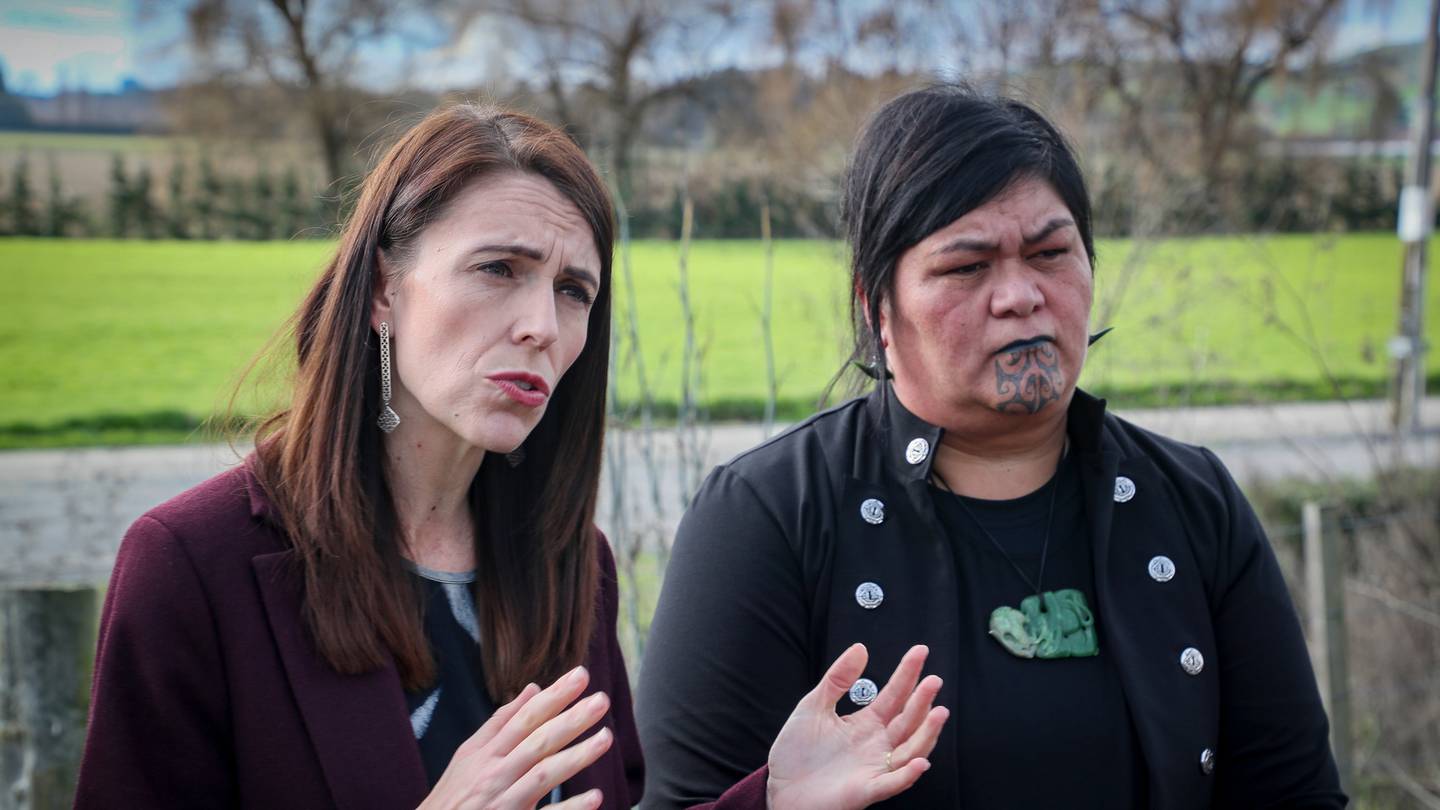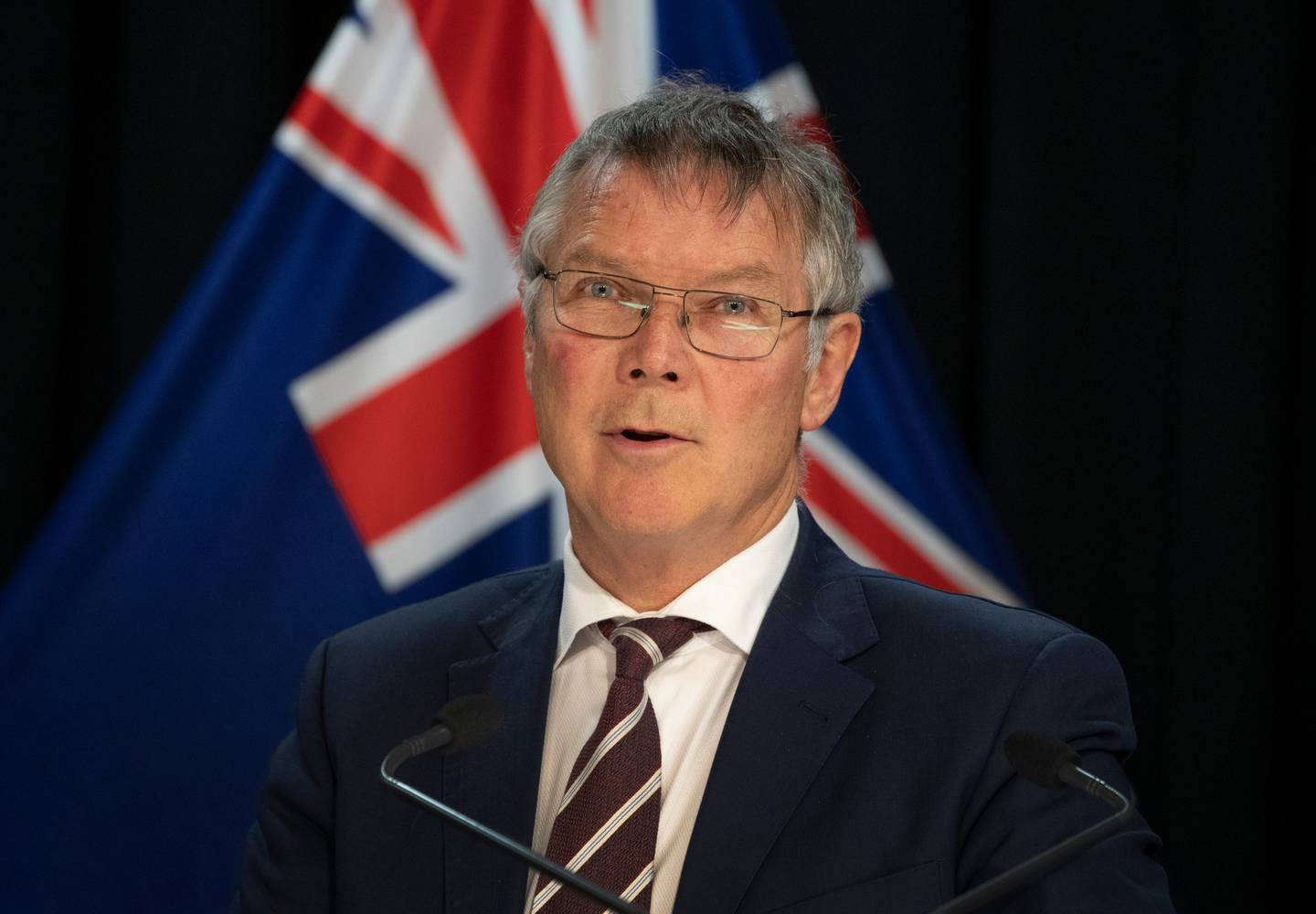
Heading into caucus on Tuesday, Mahuta made it clear that some junior Labour MPs would have been aware of the Green Party’s proposal to entrench.
These MPs would also have been aware of advice that this set an unusual, possibly dangerous constitutional precedent because it would have broadened the use of entrenchment from electoral law to partisan policy.
Mahuta noted MPs on the Finance and Expenditure Committee, including six first-term Labour MPs, would have known the Greens’ had proposed entrenching part of the bill, because the Greens had included it in a report on the legislation published by the committee.
However, Mahuta would also have been aware of the proposal. The report was for her legislation.
As the most senior MP aware of the proposal (Mahuta is a minister and has been in Parliament since 1996) questions are being asked about why she did not make Labour’s caucus fully aware of what it was voting for and whether this was a deliberate or accidental obfuscation.
Mahuta would not discuss her own culpability for the mistake, and instead pointed to members of the committee and Labour’s wider caucus for not reading the 200-page report.
“The select committee report is a public report,” Mahuta said.
“The select committee report is a select committee report and members of the committee were well aware of what is in the report,” she said.
“In the minority report it is clear what the Greens’ intention was,” Mahuta said.
It came as another senior minister, Attorney-General David Parker, also heading into caucus, made clear that he had never backed proposals to entrench part of the Three Waters legislation.
“I have been consistent from the start that entrenchment should not be used for policy purposes,” Parker said.

Ardern has herself refused to be drawn into the blame game, saying that the “team” of Labour’s caucus owns the mistake and will work as a team to fix it.
Entrenchment is currently only used in parts of our electoral law. It means that particular, limited provisions can only be repealed if 75 percent of MPs in Parliament agree, or following a referendum.
Labour initially proposed entrenching anti-privatisation measures at a 75 percent threshold. That proposal would have required the support of at least 75 percent of MPs, meaning National would have needed to back it.
When National said it would not support that proposal, the debate around entrenchment died until the Greens decided they would put up an amendment to entrench at a threshold of 60 percent, something Labour and the Greens could do on their own. This proposal was included in a select committee report on the bill, and the Greens later tabled an SOP (supplementary order paper) to entrench part of the legislation. Labour and the Greens voted for this SOP later the same day.
Ardern, Mahuta and the Labour caucus are refusing to say whether the detail of that proposal was discussed at Labour’s Tuesday morning caucus meeting, or whether the discussion focused on entrenchment more generally, leaving some MPs under the impression the vote was for the original 75 percent entrenchment - a proposal MPs knew would fail.
“As I have said, I am not going to get into the individual discussions in caucus,” Ardern said on Monday.
“The principle of entrenchment was discussed, and as I have said it is commonly understood to be a much higher threshold than what came through in the debate and was voted on - it was a mistake and it will be fixed,” she said.
MPs who had read the select committee report on the Three Waters legislation would have been well aware of what the Greens proposed. The report was published, along with an accompanying press release from Mahuta, on November 11 - two weeks before the caucus meeting.
“Early proposals to entrench public ownership through a 75 per cent majority are now described by the Department of Internal Affairs as inappropriate for legislation unrelated to constitutional matters.
“The Green Party disagrees that entrenchment should only be used for constitutional matters, and considers entrenchment with a 60 per cent majority (given the lack of support from National for a 75 per cent per majority) would be appropriate as a check on future privatisation of water infrastructure,” the report said.
The report lays out clearly what the Green Party’s intentions were. The Labour MPs on the committee were Barbara Edmonds, Glen Bennett, Shanan Halbert, Ingrid Leary, Anna Lorck and Helen White.
When asked whether Mahuta should have made Labour’s caucus aware of what the Greens had proposed, Mahuta said the report “belongs to select committee members of which political parties are all represented”.












